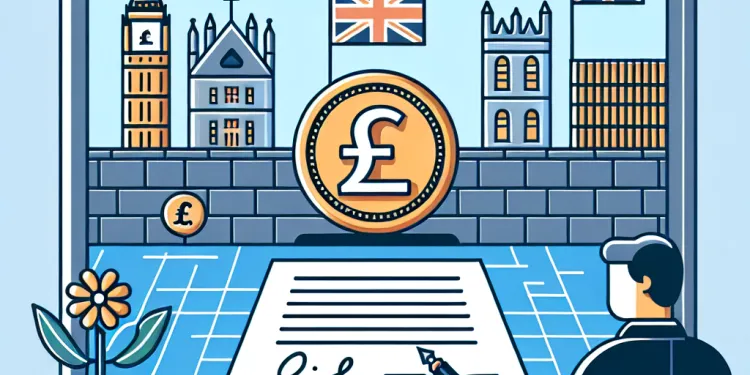
Find Help
More Items From Ergsy search
-
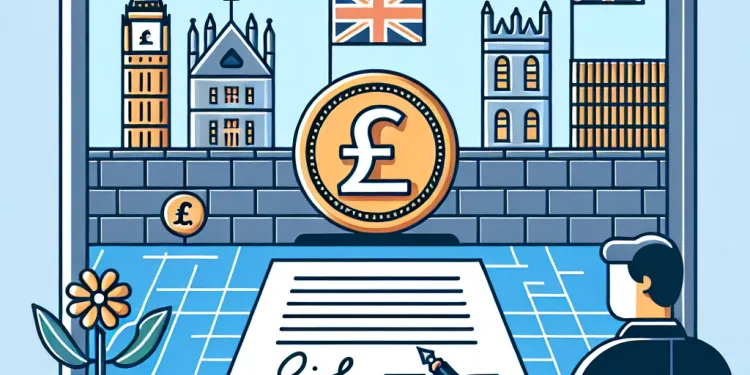
How do I write a will?
Relevance: 100%
-
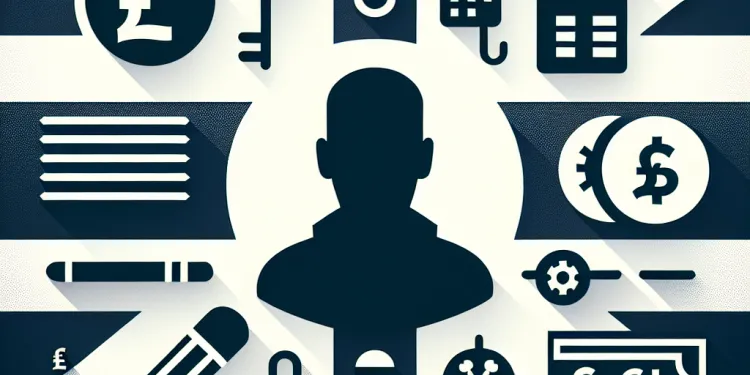
What are the rules for writing to an inmate?
Relevance: 77%
-

Are E.coli and E coli and ecoli the same thing?
Relevance: 32%
-
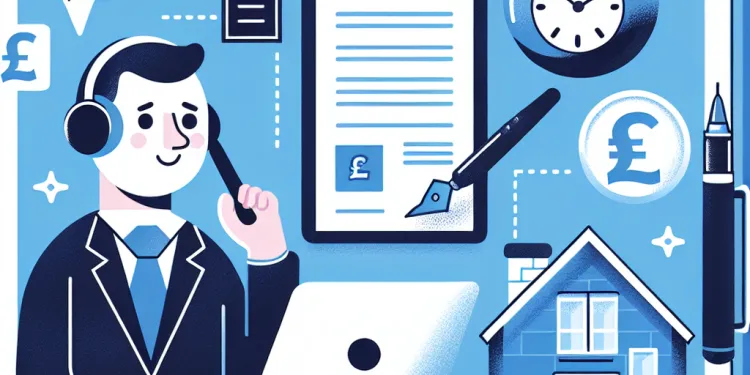
Can I negotiate with my landlord to avoid eviction?
Relevance: 24%
-
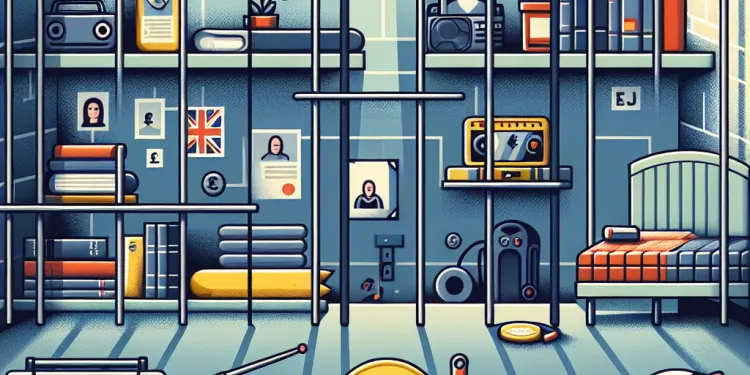
Can inmates have personal belongings?
Relevance: 22%
-
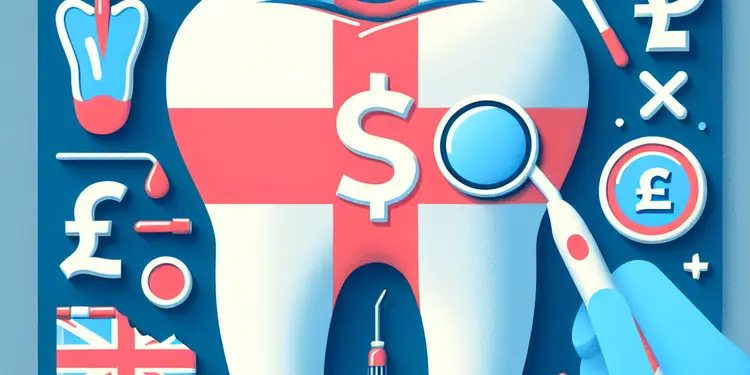
What if I'm not satisfied with my NHS dental treatment?
Relevance: 21%
-

How can individuals contribute to the discussion on housing benefit cuts?
Relevance: 21%
-

How do I talk to my partner about how I’m feeling?
Relevance: 20%
-

Are E. coli, E coli, and ecoli the same thing?
Relevance: 20%
-

South Tees NHS - What is aphasia and how can you help?
Relevance: 20%
-
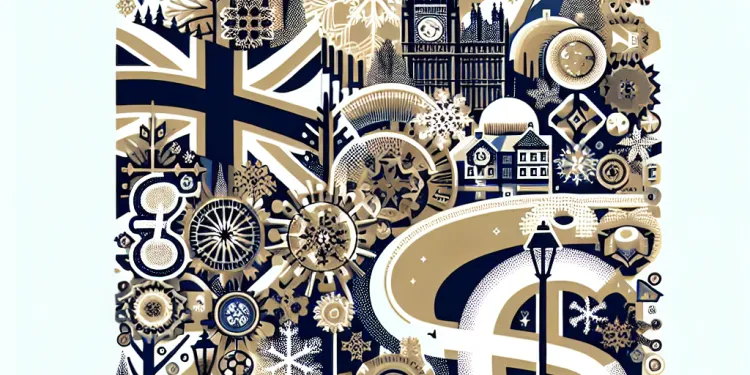
How can I contact the Winter Fuel Payment Centre?
Relevance: 19%
-
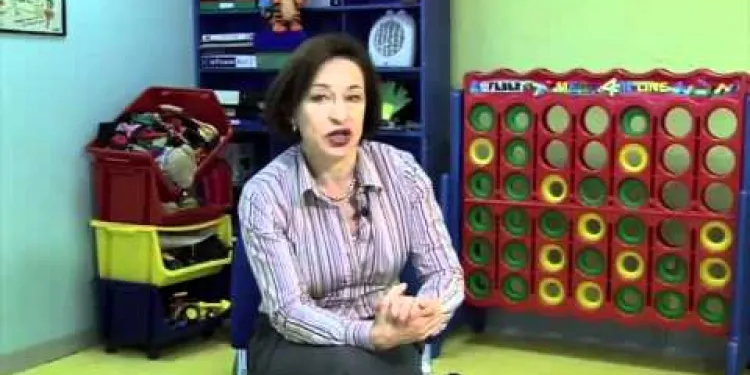
Children With Co-ordination Difficulties and Dyspraxia
Relevance: 19%
-
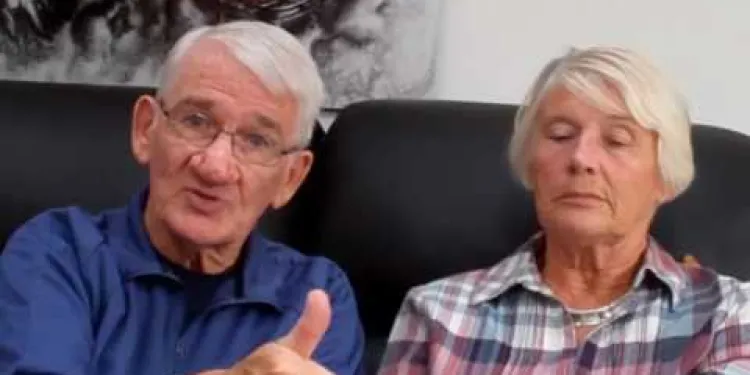
Joan's story - Aphasia Awareness
Relevance: 18%
-
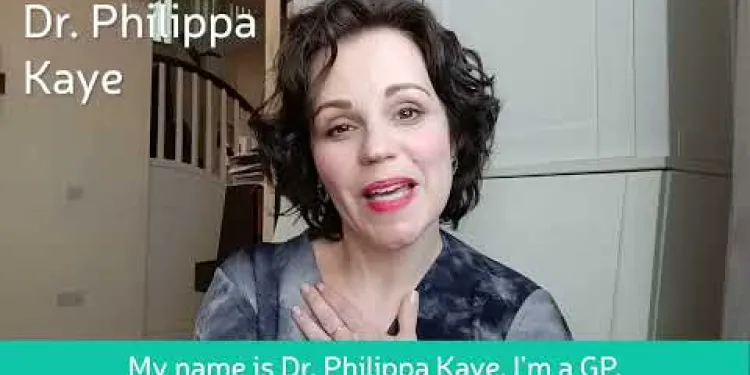
Bowel Cancer
Relevance: 18%
-

What are some common types of SEND?
Relevance: 18%
-
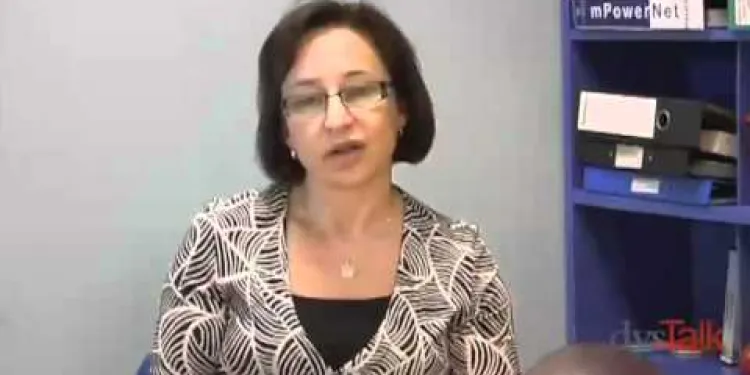
Dyslexia, Dyspraxia & Overlapping Learning Difficulties
Relevance: 17%
-
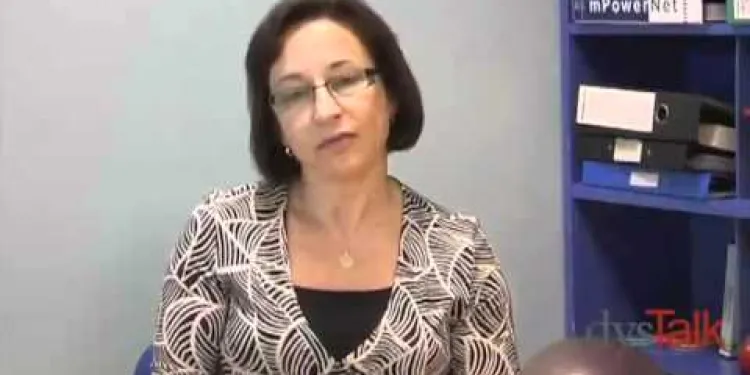
Dyspraxia Children: How to Help
Relevance: 17%
-
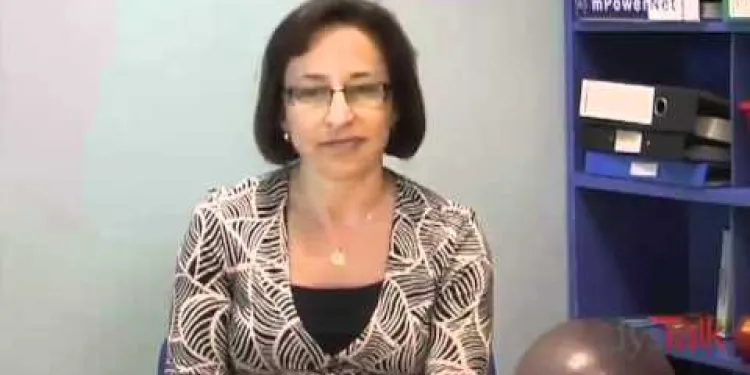
What is Dyspraxia (DCD)?
Relevance: 17%
-
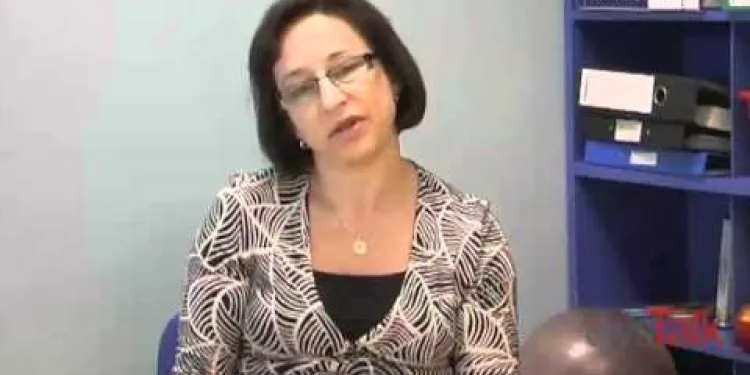
Dyspraxia Symptoms & Signs
Relevance: 16%
-
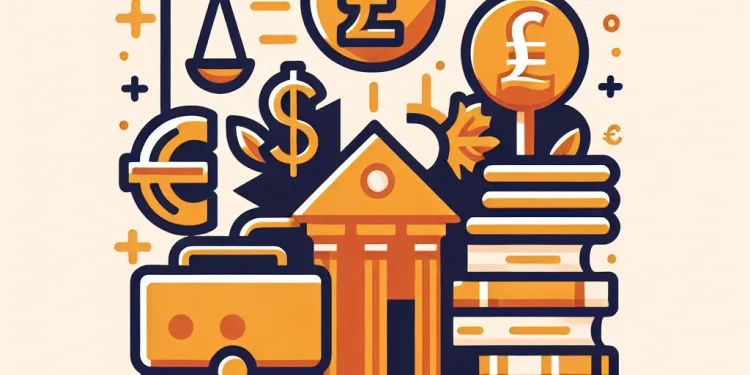
How do I notify HMRC of someone’s death?
Relevance: 16%
-

What should I do if I am denied access to my medical records?
Relevance: 16%
-
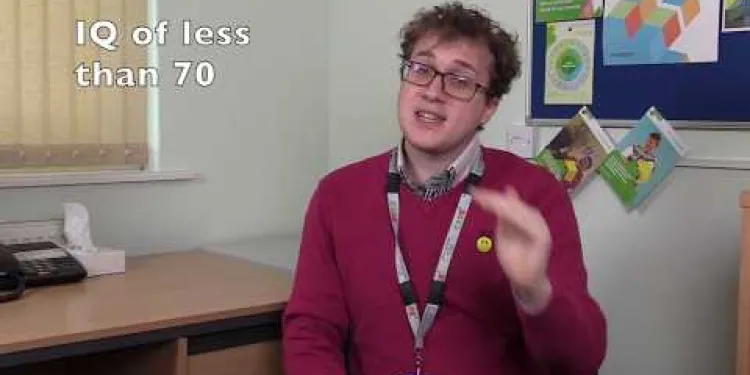
What is a learning disability?
Relevance: 16%
-
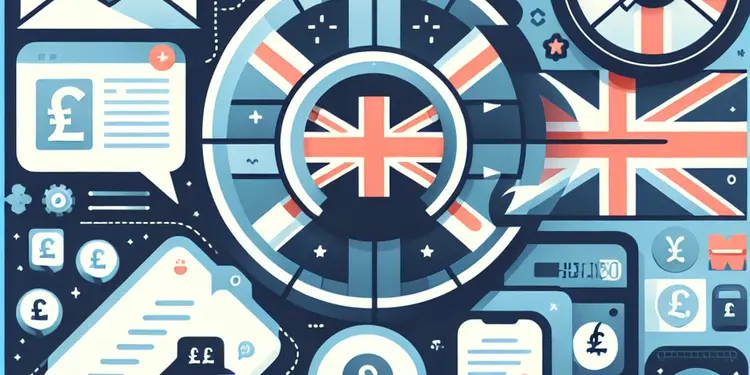
How do I notify people about the funeral?
Relevance: 16%
-
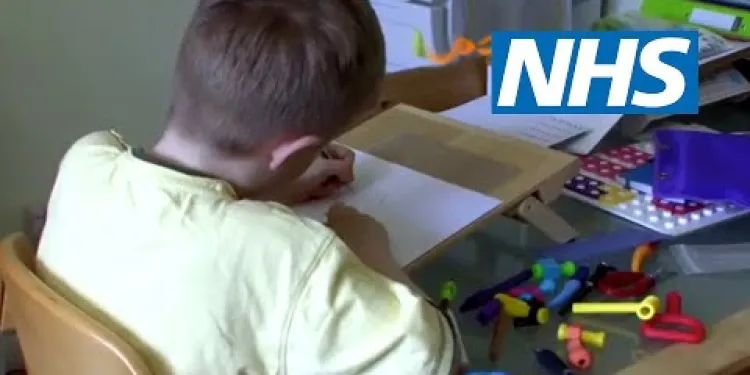
Childhood dyspraxia: James' story | NHS
Relevance: 15%
-
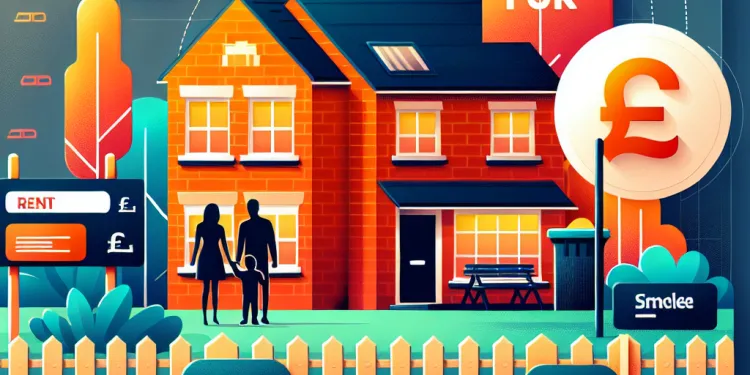
Can a landlord evict me for complaining about property conditions?
Relevance: 15%
-
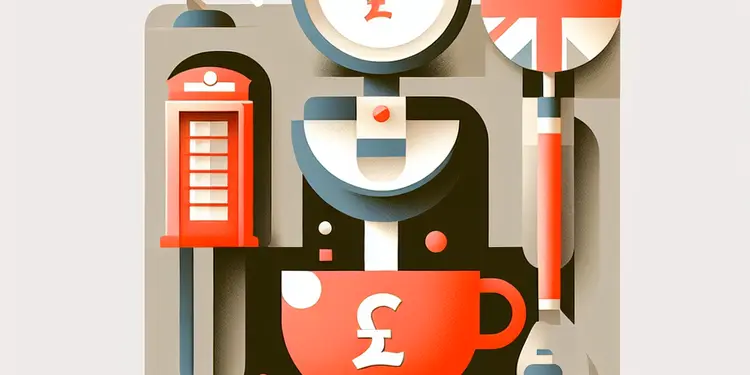
How can I provide feedback about my NHS dental care?
Relevance: 15%
-
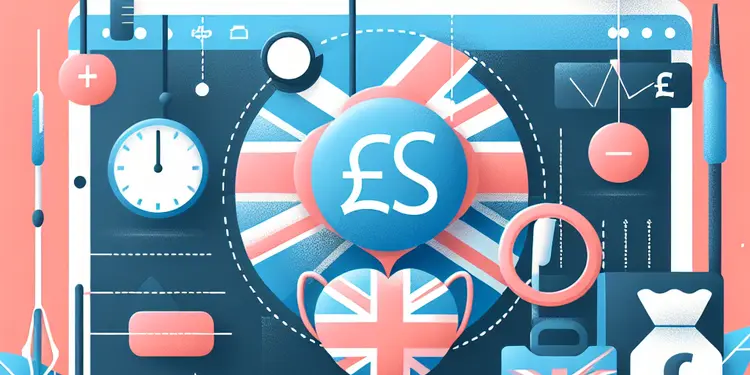
How can I advocate for a shorter wait time for my surgery?
Relevance: 15%
-
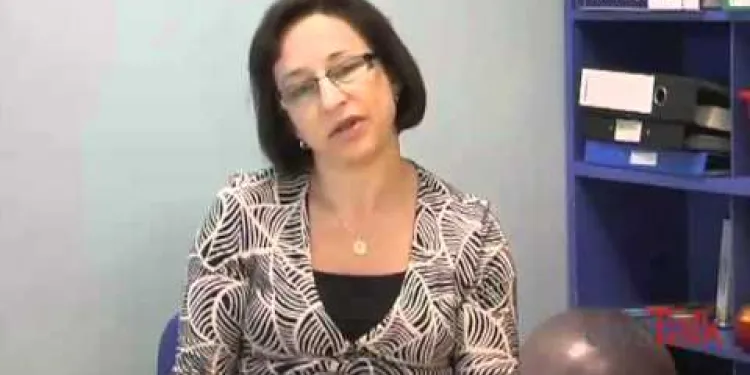
Dyspraxia Symptoms & Signs
Relevance: 15%
-
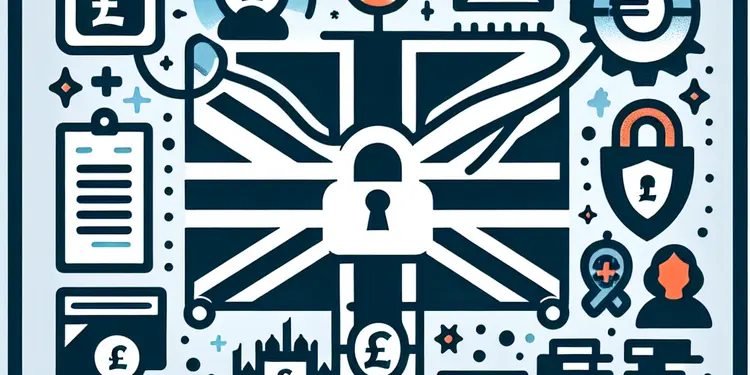
Can I specify who can see my medical records?
Relevance: 15%
-
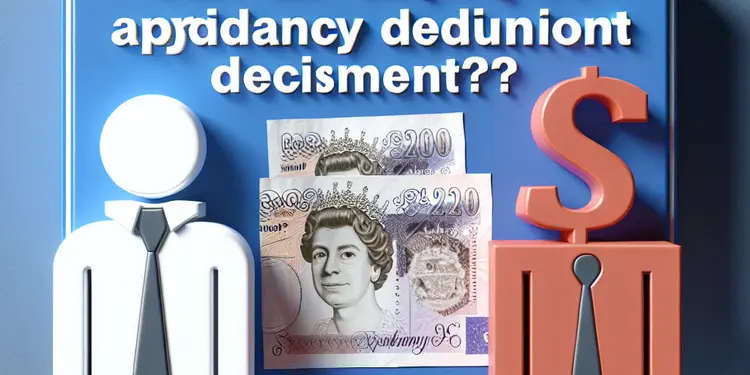
Can an employee appeal a redundancy decision?
Relevance: 15%
-
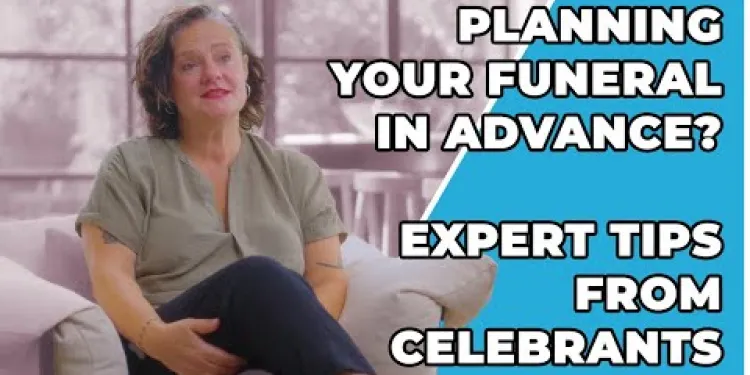
Planning Your Funeral in Advance? | Expert Tips from Celebrants
Relevance: 14%
-

Can I request footage of myself from my neighbour's CCTV?
Relevance: 14%
-

How do I request corrections to my medical records?
Relevance: 14%
-
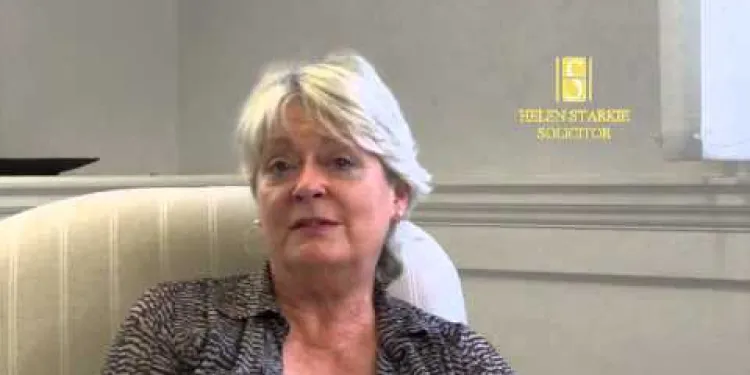
Wills, Probate and Tax Planning in the UK
Relevance: 14%
-
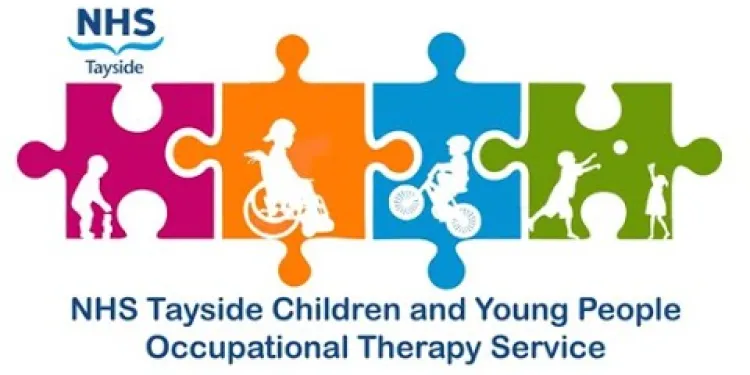
Developmental Coordination Disorder (DCD) for Children and Young People
Relevance: 14%
-
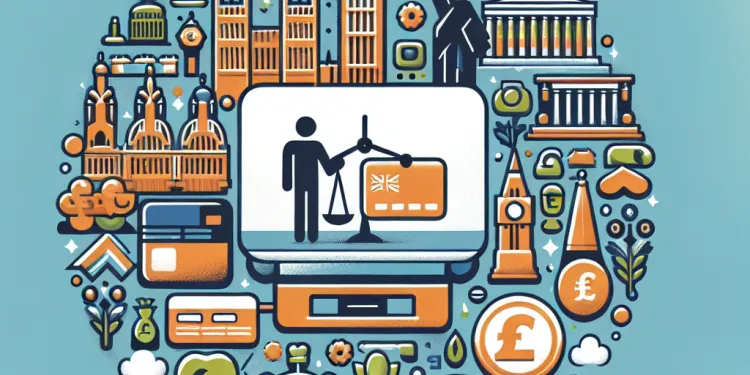
What if I disagree with a Universal Credit decision?
Relevance: 14%
-

Are there online platforms to help seniors discover new hobbies?
Relevance: 14%
-

What support can employees expect during redundancy?
Relevance: 14%
-

Is a prescription needed for mobility equipment?
Relevance: 13%
-
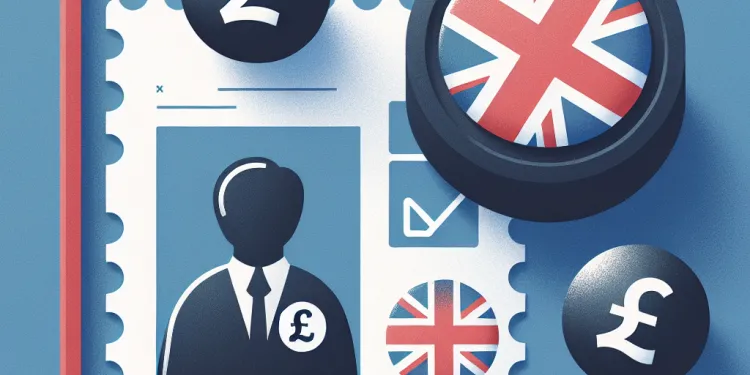
How can I cancel my Postcode Lottery subscription?
Relevance: 12%
How to Write a Will in the UK
Writing a will is an essential step in ensuring that your assets are distributed according to your wishes after your death. In the UK, a will allows you to make clear decisions about who inherits your estate, names guardians for any minor children, and specifies your funeral arrangements. Here’s a step-by-step guide to help you write a will.
Understanding Legal Requirements
To make a legally valid will in the UK, you must be 18 years of age or older and of sound mind. The will must be written voluntarily, without any undue influence. The will must be in writing, and it must be signed by the person making the will, known as the testator, in the presence of two independent witnesses. The witnesses must also sign the will in your presence after you've signed it.
Decide on Your Beneficiaries
You should clearly state who you want to inherit your property and assets. These people or organizations are known as beneficiaries. You can also choose to leave specific items or amounts of money to particular beneficiaries. Consider who you want to inherit major assets, such as your home or significant cash sums.
Choose Executors
Executors are the people responsible for carrying out the instructions in your will. They will manage your estate, pay off any debts, and distribute the assets to the beneficiaries. Choose at least one executor, but it’s advisable to name two or more in case one is unable to serve. Executors can be beneficiaries or professionals such as solicitors.
Consider Guardians for Children
If you have children under 18, use your will to appoint guardians. Guardians will be responsible for the care of your children should you pass away. It’s important to choose someone you trust with this responsibility and to discuss your intentions with them beforehand.
Outline Specific Bequests
Specific bequests are detailed instructions for individual items or sums of money you wish to leave to particular beneficiaries. Clearly describe each item or sum so that your executors can fulfill these wishes without ambiguity. You may also include instructions for charitable donations.
Revise and Update Your Will
It’s important to review and update your will regularly or after major life events such as marriage, the birth of a child, or the purchase of significant assets. Wills can become outdated, and changes in your circumstances might affect your wishes or the way your estate should be handled.
Store Your Will Safely
Once completed, store your will in a safe place and ensure your executors know how to access it. You may choose to keep it with a solicitor, bank, or a secure home safe. Consider making copies and inform trusted family members of their location.
Seek Professional Advice
While you can write your will yourself, it may be beneficial to seek advice from a solicitor, especially if your estate is complex. Legal advice can help ensure that your will is valid and that your wishes are clearly and legally articulated.
How to Write a Will in the UK
A will is a piece of paper that says who gets your things after you die. In the UK, writing a will helps you decide who gets your money, property, and special things. It also lets you choose someone to look after your young children and tell people about your funeral plans. Here is a simple guide to help you write your will.
Understanding Legal Requirements
To write a will that is legal in the UK, you must be at least 18 years old and understand what you are doing. You must write the will because you want to and not because someone else is making you. The will needs to be written down. You have to sign it in front of two people who don't get anything from the will. These people will also sign the will while watching you.
Decide on Your Beneficiaries
Think about who you want to give your things to. These people or groups are called beneficiaries. You can leave special things or amounts of money to specific people or groups. Decide who you want to get important things like your house or large amounts of money.
Choose Executors
Executors are people who make sure your will happens. They will take care of your things, pay any bills, and give your things to the people you picked. Choose at least one person to be an executor, but it is good to have two or more in case one can’t do it. Executors can be people you give things to, or professionals like lawyers.
Consider Guardians for Children
If you have children under 18, use your will to pick someone to take care of them if you die. This person is called a guardian. Choose someone you trust and talk to them about it first.
Outline Specific Bequests
Specific bequests are details about certain items or money you want to give to certain people. Make sure to describe each item or amount clearly so your executors know what to do. You can also include giving money to charities.
Revise and Update Your Will
It's important to check and change your will when big things happen, like getting married or having a baby, or buying something big like a house. Your will might need updates if things in your life change.
Store Your Will Safely
Keep your will somewhere safe and make sure your executors know where it is. You might keep it with a lawyer, at a bank, or in a safe at home. Make copies and tell your family where they are.
Seek Professional Advice
You can write your will on your own, but it's good to talk to a lawyer if your things are complicated. A lawyer can help make sure your will is right and your wishes are clear and legal.
Frequently Asked Questions
What is a will?
A will is a legal document that outlines how you wish your assets to be distributed after your death.
Why is it important to write a will?
Writing a will ensures that your assets are distributed according to your wishes and can help avoid disputes among survivors.
What should be included in a will?
A will should include your personal information, a list of assets, beneficiaries, an executor, and any specific instructions for asset distribution.
Who can write a will?
Any individual who is of legal adult age and of sound mind can write a will.
Do I need a lawyer to write a will?
While not required, consulting a lawyer can help ensure your will is legally sound and comprehensive.
Can I write my own will?
Yes, you can write your own will, but it must meet your state's legal requirements to be valid.
What is an executor?
An executor is a person named in the will who is responsible for executing your wishes and managing your estate.
What happens if I die without a will?
If you die without a will, your assets will be distributed according to state laws, which may not align with your wishes.
Can I update my will?
Yes, you can update your will anytime by creating a new will or adding amendments known as codicils.
How do I choose beneficiaries?
Beneficiaries are individuals or organizations you choose to receive your assets. Consider who would benefit most and align with your intentions.
How do I ensure my will is valid?
Your will must be written, signed, and witnessed according to your state's laws to be considered valid.
What is a notarized will?
A notarized will is one that has been signed in the presence of a notary public, which can help verify its authenticity.
Can I include funeral instructions in my will?
Yes, you can include funeral instructions, but it's recommended to inform someone beforehand as wills may be read after the funeral.
What is a living will?
A living will is a separate document from a last will, specifying your healthcare preferences should you become incapacitated.
Do wills cover all my assets?
Certain assets, like those with designated beneficiaries, may pass outside of the will. Always review your estate plan for comprehensiveness.
What is probate?
Probate is the legal process of validating a will and administering the estate.
How can I avoid probate?
You can avoid probate by setting up trusts or designating beneficiaries directly on accounts like insurance policies.
How long is a will effective?
A will is effective indefinitely until it is revoked or replaced by a new will.
What is the difference between a will and a trust?
A will takes effect after death, while a trust can manage assets during your life and after death. Trusts can also avoid probate.
Can digital assets be included in a will?
Yes, you can include instructions for digital assets like social media accounts and cryptocurrencies, but laws may vary by state.
What is a will?
A will is a special paper. It tells who gets your things when you die. It can say who takes care of your kids too.
If you find reading hard, ask someone you trust to help you. You can also listen to information online or watch videos to understand better.
A will is a legal paper. It tells who gets your things after you die.
Why is having a will important?
A will is like a plan for when you are not here anymore.
It tells everyone what you want them to do with your things.
This helps your family and friends know what you want.
It can stop people from getting upset.
Having a will makes sure your wishes are followed.
If you need help, ask a trusted adult or use simple guides online.
Making a will is important. It tells people what you want done with your things when you pass away. This can help stop arguments between family and friends.
What should be in a will?
A will is a paper that says what happens to your things when you die. Here is what to put in a will:
- Your things: Write down things like your house, money, and special items. Say who you want to have them.
- Your wishes: Say what you want to happen to your things.
- Look after children: If you have children, say who should take care of them.
- Money for taxes and bills: Say how you want to pay for taxes and bills.
- Person in charge: Pick someone to make sure your will is followed. This person is called an "executor."
Helpful Tools: You can use pictures or drawings to help understand your will. You can ask someone you trust, like a family member or lawyer, to help you write it.
A will is a document that says who will get your things when you are not here anymore. It should have:
- Your name and personal details.
- A list of what you own, like your house, car, or money.
- The names of people you want your things to go to. These people are called beneficiaries.
- The name of a person who will make sure your will is carried out. This person is called an executor.
- Any special instructions about how you want your things to be divided.
If you find reading hard, ask someone you trust to help, or use apps and tools that can read the text out loud to you.
Who can make a will?
A will is a paper that says who gets what when you die. Not everyone can make a will. Here are the main points:
- You have to be at least 18 years old.
- Your mind needs to be clear, so you know what you are doing.
- You should understand what you have and who you want to give it to.
If you want help, you can talk to someone you trust, like a family member or a lawyer. There are also simple forms and guides to help you online.
Any grown-up who can think clearly and is old enough can make a will.
Do I need a lawyer to make a will?
You might wonder if you need a lawyer to help you make a will. A will is a paper that says who gets your things when you die.
You do not always need a lawyer to make a will. But a lawyer can help make sure your will is correct.
You can use online tools or kits to help write your own will. Look for ones that are easy to use.
If your will is tricky, like if you have lots of things or people you want to give them to, a lawyer can make things easier.
Talking to a lawyer can also help if you have questions or feel unsure. They are experts and can give good advice.
You don't have to do this, but talking to a lawyer can help make sure your will is done right and includes everything you want.
Can I make my own will?
Yes, you can write your own will. But you have to follow the rules in your state to make sure it is okay.
What is an executor?
An executor is a person who takes care of someone's things after they die. The executor makes sure that the person's things go to the right people.
Tools to help:
- Use pictures to understand more about executors.
- Ask someone you trust to explain words you do not know.
An executor is the person chosen in the will to make sure that what you want happens after you’re gone and to take care of your things.
What happens if I die without a will?
If you die and do not have a will, there is no written plan for what happens to your things. This can make things harder for your family and friends.
The law will decide who gets your things. This is called "intestate." The law has rules for this.
It is a good idea to write a will. A will is a plan for what happens to your things after you die.
You can ask a lawyer for help to write a will. There are also online tools that can help you.
If you die and don’t have a will, the law in your state will decide what happens to your things. This might not be what you want.
Can I change my will?
Yes, you can change your will. Here’s how:
- Talk to a lawyer. They can help you with the changes.
- You can add new wishes or change old ones.
- It is good to check your will every so often to make sure it is right for you.
- Use clear and simple words so everyone understands.
If writing is hard, you can ask someone to help, like a family member or a friend.
Using picture aids or a story can also make it easier to understand.
Yes, you can change your will whenever you want. You can write a new will or add small changes called codicils.
Tip: If you find reading hard, you might use a tool like a text-to-speech reader to help you understand better.
How do I pick who gets my things?
Choosing who gets your things can be important. Here are some simple steps to help:
- Think about people you care about. Who would need or want your things?
- Make a list of names. This will help you remember.
- Talk to a grown-up you trust if you need help.
Here are some tools to help you:
- Use pictures to help you decide.
- Try using stories to imagine giving your things to people.
Beneficiaries are people or groups you pick to get your things. Think about who would need or appreciate them the most.
How can I make sure my will is good?
Your will is a special letter that says what you want to happen to your things after you die.
To make sure your will counts, you need to:
- Write it down.
- Sign your name on it.
- Have some people watch you sign it. These people are called "witnesses."
Every place has different rules for making a will, so it is important to follow the rules where you live. You can ask a trusted adult or a lawyer for help.
What is a notarized will?
A will is a paper that says who gets your things when you die.
A notarized will is special because a notary stamps it. This makes it more official.
You can ask for help to understand a will. You can use pictures or talk to someone who knows about wills.
A notarized will is a special kind of paper that says what you want to happen to your things after you pass away. To make it notarized, you sign it in front of a notary public. The notary public is a person who checks that your signature is real.
Can I Write Funeral Wishes in My Will?
You can put your funeral wishes in your will.
It is a good idea to talk to your family about what you want.
Writing down your wishes can help them know what to do when the time comes.
Here are some tools and tips to help:
- Ask someone you trust to help you write your wishes.
- Use simple words to describe what you want.
- Make a list of important things for your funeral.
- Tell a family member or friend where to find your will.
Yes, you can write instructions for your funeral. But it is a good idea to tell someone about them too. This is because your will might be looked at after the funeral.
What is a living will?
A living will is a paper that tells people what you want if you get very sick and can't talk. It says what kind of medicine or help you want or don't want.
Here are some tips to help you understand:
- Ask someone you trust to explain it to you.
- Use pictures to help you understand the words.
- Read it with a friend or family member.
- Take your time and ask questions.
A living will is not the same as a last will. It is a document that tells doctors your wishes about your healthcare if you cannot speak for yourself.
Do wills cover all my things?
A will is a special paper where you say who gets your things when you die. But, a will might not cover everything you have.
Some things, like life insurance or joint bank accounts, might not be in a will. These things usually have their own rules.
If you're unsure, talk to someone who knows a lot about wills. They can help you make sure all your things are covered.
Using pictures or diagrams can help you understand better. Also, asking a family member or friend for help can be useful.
Some things you own, like accounts that already say who gets them, might not be covered by your will. It's important to check your plan for what happens after you die to make sure it covers everything.
What is probate?
Probate is a legal process that happens when someone dies. It helps to make sure their things are given to the right people.
When a person dies, they might leave a will. A will is a special paper that says who gets their things.
If there is a will, probate checks it to make sure it is real and follows the law.
If there is no will, probate decides who gets the person's things.
Some tools to help understand probate are asking a friend, using picture guides, or talking to a lawyer who can explain it simply.
Probate is a legal way to check if a will is real and to take care of someone's belongings after they pass away.
How can I make sure my things go to the right people when I die?
Here are some easy ways to help:
- Make a will. This is a paper that says who gets your things.
- Use a living trust. This is a special way to hold your things and pass them on.
- Set joint ownership for big things like a house or car.
- Name beneficiaries for money in bank accounts and insurance.
To get extra help, you can:
- Talk to a lawyer.
- Ask a family member or friend you trust.
You can keep away from probate. This means the court won’t need to handle your things after you pass away.
You can do this by making a special plan called a trust. A trust can hold your things safely.
Another way is to pick people who will get your things directly. You can do this for things like life insurance or certain bank accounts. These people are called beneficiaries.
If reading is hard, you can use tools like audiobooks to listen to words instead. You can also ask someone to read with you. If you have questions, it is okay to ask for help.
How long does a will work?
A will lasts forever unless you change it or make a new one.
What Makes a Will Different from a Trust?
A will is a paper that tells people what you want to happen to your things after you die. It says who should get your things, like money or special items.
A trust is also a way to take care of your things. You can put your money or special items in a trust. A trust can help someone else look after your things while you are alive or after you die.
Helpful Tips:
- You can ask a family member or friend to help you understand this more.
- Use drawings or charts to show how a will and a trust work differently.
- If you have more questions, a lawyer can help explain.
A will is a list of who gets your things when you die. A trust helps take care of your things while you are alive and after you die. Trusts can also help you avoid going to court when you die.
Can you put digital things in a will?
A will is a paper that says who gets your things when you die.
You can put digital things in your will. Digital things are things like your pictures on the computer, your online games, or your social media accounts.
It's good to write down all your digital things and give this list to someone you trust. This is called a "digital assets list".
Ask someone like a lawyer to help you. They know a lot about making wills.
You can use tools to write your plan and keep it safe. This way, people will know what to do with your digital things when you are not here.
Yes, you can leave instructions for your online things like social media accounts and digital money. Remember, the rules might be different in each place you live.
Useful Links
This website offers general information and is not a substitute for professional advice.
Always seek guidance from qualified professionals.
If you have any medical concerns or need urgent help, contact a healthcare professional or emergency services immediately.
Some of this content was generated with AI assistance. We’ve done our best to keep it accurate, helpful, and human-friendly.
- Ergsy carfully checks the information in the videos we provide here.
- Videos shown by Youtube after a video has completed, have NOT been reviewed by ERGSY.
- To view, click the arrow in centre of video.
- Most of the videos you find here will have subtitles and/or closed captions available.
- You may need to turn these on, and choose your preferred language.
- Go to the video you'd like to watch.
- If closed captions (CC) are available, settings will be visible on the bottom right of the video player.
- To turn on Captions, click settings .
- To turn off Captions, click settings again.
More Items From Ergsy search
-

How do I write a will?
Relevance: 100%
-

What are the rules for writing to an inmate?
Relevance: 77%
-

Are E.coli and E coli and ecoli the same thing?
Relevance: 32%
-

Can I negotiate with my landlord to avoid eviction?
Relevance: 24%
-

Can inmates have personal belongings?
Relevance: 22%
-

What if I'm not satisfied with my NHS dental treatment?
Relevance: 21%
-

How can individuals contribute to the discussion on housing benefit cuts?
Relevance: 21%
-

How do I talk to my partner about how I’m feeling?
Relevance: 20%
-

Are E. coli, E coli, and ecoli the same thing?
Relevance: 20%
-

South Tees NHS - What is aphasia and how can you help?
Relevance: 20%
-

How can I contact the Winter Fuel Payment Centre?
Relevance: 19%
-

Children With Co-ordination Difficulties and Dyspraxia
Relevance: 19%
-

Joan's story - Aphasia Awareness
Relevance: 18%
-

Bowel Cancer
Relevance: 18%
-

What are some common types of SEND?
Relevance: 18%
-

Dyslexia, Dyspraxia & Overlapping Learning Difficulties
Relevance: 17%
-

Dyspraxia Children: How to Help
Relevance: 17%
-

What is Dyspraxia (DCD)?
Relevance: 17%
-

Dyspraxia Symptoms & Signs
Relevance: 16%
-

How do I notify HMRC of someone’s death?
Relevance: 16%
-

What should I do if I am denied access to my medical records?
Relevance: 16%
-

What is a learning disability?
Relevance: 16%
-

How do I notify people about the funeral?
Relevance: 16%
-

Childhood dyspraxia: James' story | NHS
Relevance: 15%
-

Can a landlord evict me for complaining about property conditions?
Relevance: 15%
-

How can I provide feedback about my NHS dental care?
Relevance: 15%
-

How can I advocate for a shorter wait time for my surgery?
Relevance: 15%
-

Dyspraxia Symptoms & Signs
Relevance: 15%
-

Can I specify who can see my medical records?
Relevance: 15%
-

Can an employee appeal a redundancy decision?
Relevance: 15%
-

Planning Your Funeral in Advance? | Expert Tips from Celebrants
Relevance: 14%
-

Can I request footage of myself from my neighbour's CCTV?
Relevance: 14%
-

How do I request corrections to my medical records?
Relevance: 14%
-

Wills, Probate and Tax Planning in the UK
Relevance: 14%
-

Developmental Coordination Disorder (DCD) for Children and Young People
Relevance: 14%
-

What if I disagree with a Universal Credit decision?
Relevance: 14%
-

Are there online platforms to help seniors discover new hobbies?
Relevance: 14%
-

What support can employees expect during redundancy?
Relevance: 14%
-

Is a prescription needed for mobility equipment?
Relevance: 13%
-

How can I cancel my Postcode Lottery subscription?
Relevance: 12%


